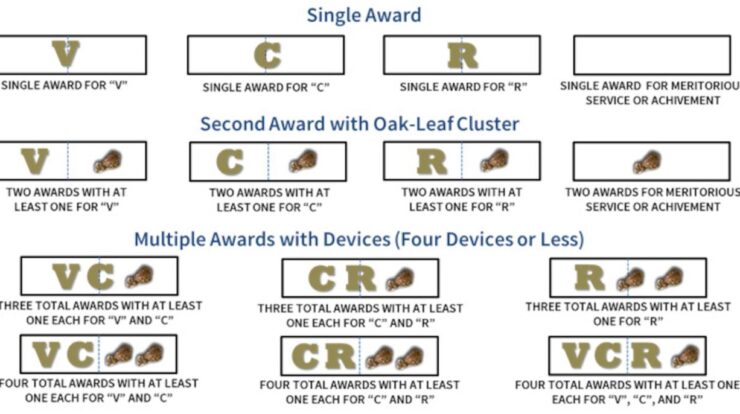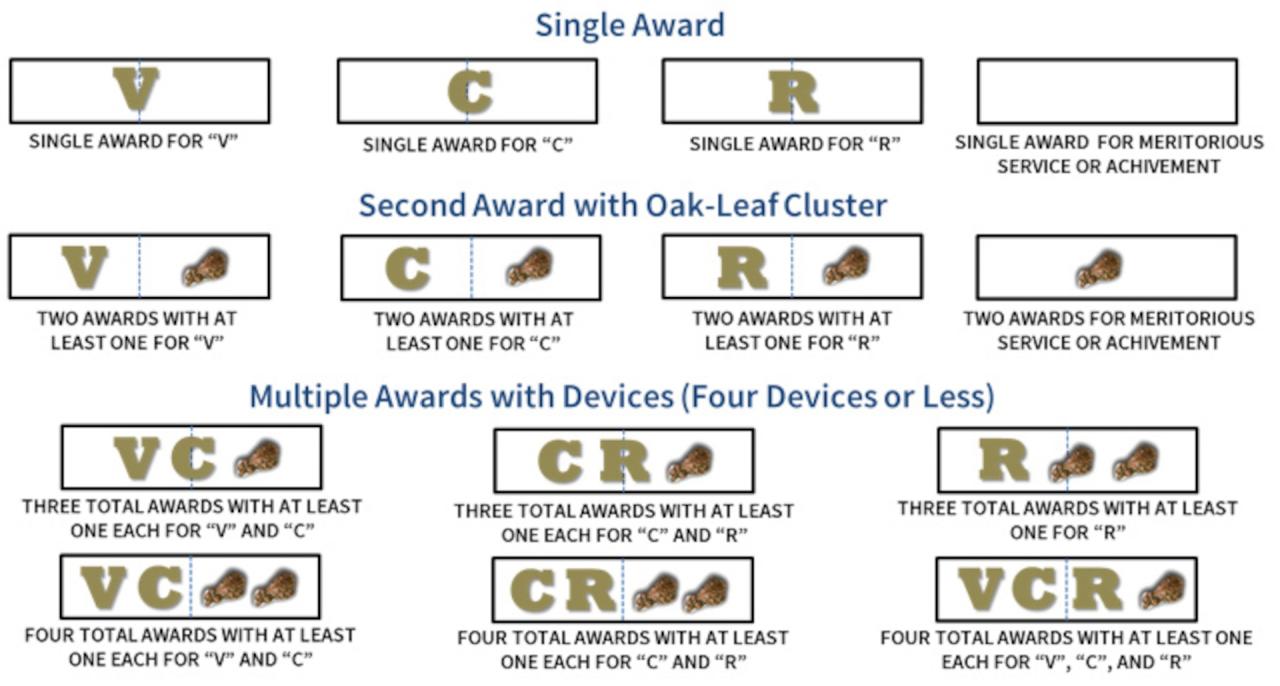
Olc meaning – Embark on an enlightening journey into the depths of “olc” meaning, unraveling its historical roots, diverse interpretations, and cultural significance. Prepare to delve into the intricacies of this enigmatic term, gaining a profound understanding of its multifaceted nature.
From its linguistic origins to its contemporary usage, “olc” presents a rich tapestry of meanings, nuances, and applications. This comprehensive guide will navigate you through the labyrinthine world of “olc,” shedding light on its profound impact on language, culture, and human expression.
Origin and Etymology
The term “olc” traces its roots back to the Old English word “eald,” which meant “old.” Over time, the word underwent a series of linguistic changes, evolving into “ald” in Middle English and eventually “olc” in Modern English.
Variations
- Eald (Old English)
- Ald (Middle English)
- Olde (Early Modern English)
- Olc (Modern English)
Definitions and Meanings

In its most basic sense, “olc” means “old.” However, it can also carry connotations of antiquity, age, or obsolescence. In some contexts, it may also be used to describe something that is outdated or no longer in fashion.
Nuances, Olc meaning
- Age:Denoting something that has existed for a long time
- Antiquity:Referring to something from a distant past
- Obsolescence:Describing something that is outdated or no longer used
Usage and Examples
“Olc” is commonly used in various contexts, including literature, media, and everyday conversations. Here are some examples of its usage:
| Context | Example |
|---|---|
| Literature | “The olc man sat by the fire, reminiscing about his youth.” |
| Media | “The newspaper ran an article about the olc customs of the region.” |
| Everyday Conversations | “I found an olc book in the attic.” |
Cultural Significance
“Olc” holds cultural significance as it reflects the value placed on age and tradition in many societies. It can evoke feelings of nostalgia, reverence, and a connection to the past.
Societal Values
- Respect for elders and their wisdom
- Preservation of cultural heritage
- Appreciation for historical events and artifacts
Related Concepts

- Ancient:Very old or belonging to a remote period of history
- Antique:An object of historical interest, especially one that is old and valuable
- Archaic:Belonging to an earlier period and no longer in general use
- Vintage:Relating to a particular period of time in the past, especially one considered to be of high quality
Outcome Summary: Olc Meaning
In conclusion, the exploration of “olc” meaning has unveiled its multifaceted nature, revealing a term deeply embedded in linguistic history, cultural context, and literary expression. Its ability to convey a range of emotions, ideas, and experiences underscores its enduring relevance and significance in human communication.
Query Resolution
What is the origin of the term “olc”?
The term “olc” has its roots in Old English, where it was used to describe something that is evil or wicked.
How has the meaning of “olc” evolved over time?
Over time, the meaning of “olc” has evolved to encompass a broader range of negative connotations, including bad, harmful, or unpleasant.
In what contexts is “olc” commonly used?
“OlC” is commonly used in both formal and informal settings to describe something that is negative or undesirable.





